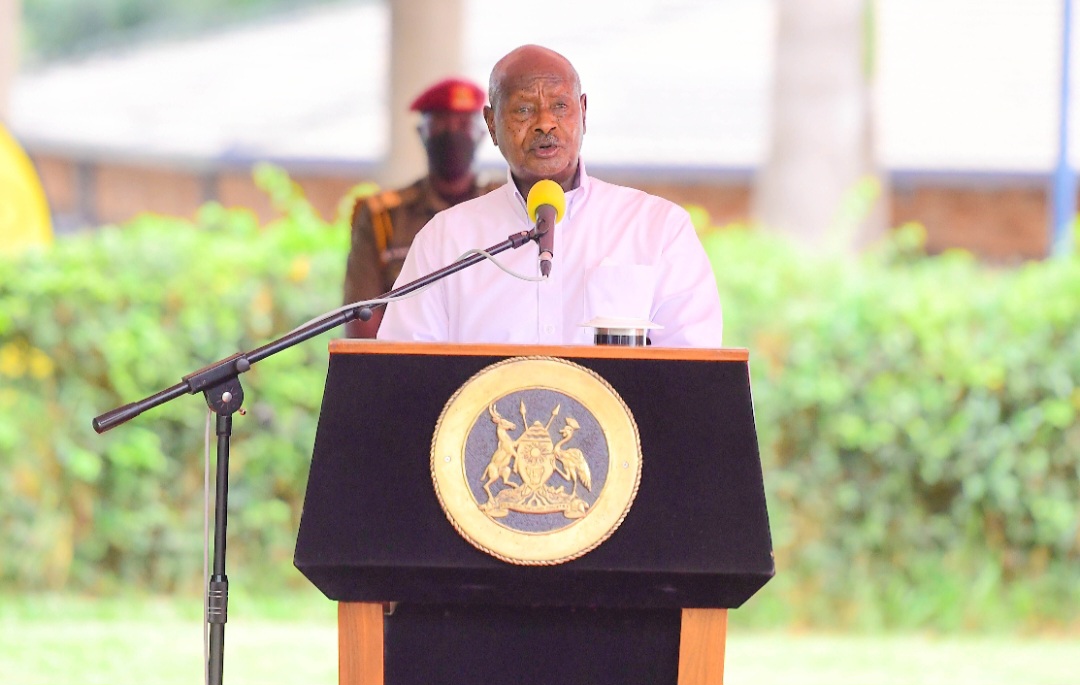Leaders from the private sectors of Uganda and South Africa have jointly urged their respective governments to collaborate on eliminating all non-tariff trade barriers between the two nations, which encompasses the removal of travel visa restrictions.
Ebenezer Asante, Senior Vice President at MTN Group, ignited a visionary campaign during the inauguration of the Uganda-South Africa Trade and Investment Forum at the illustrious Speke Resort Munyonyo on September 5th, 2023.
Asante issued a challenge to the government, urging them to enhance the business environment in order to maximize the benefits of Uganda’s investments for the betterment of the nation, emphasizing their collective desire to shape “the Uganda we aspire to build.” He commended the people for their dedication to work.
South African investments in Uganda encompass a range of sectors, including commercial banks, telecommunications, broadcasting, manufacturing, transportation, and more.
Odrek Rwabwogo, the Chairperson of the Presidential Advisory Committee on Exports and Industrial Development, expressed his apprehension regarding the unfulfilled agreements from past summits held in South Africa, such as the establishment of a mobile phone manufacturing plant. He stressed the need for both countries to address obstacles hindering the smooth flow of investments.
He questioned why South Africa, a significant consumer of coffee, continued to import the commodity from overseas when Uganda had an abundant supply.
Rwabwogo, a commercial farmer in Uganda, also criticized the South African government for delaying the appointment of a trade representative in Uganda, which would facilitate trade.
Regarding Uganda’s contribution, Rwabwogo disclosed that the government had allocated $350 million (approximately 1.3 trillion shillings) to support trade and investment with South Africa.
These concerns were reiterated by Paul Amoru, Uganda’s High Commissioner to South Africa and Southern African states, who called for a swift resolution to enable visa-free travel between the two countries. The Ugandan Embassy estimates that there are currently around one million Ugandans residing in southern Africa.
Ambassador Amoru emphasized the need for a comprehensive solution to be reached and communicated within a few months.
In response to travel restrictions, South Africa’s High Commissioner to Kampala, Lulama Xinguana, assured that there was no reason to worry about the absence of a travel visa agreement.
She acknowledged that obtaining a visa can be challenging for individuals seeking employment opportunities in South Africa, but not for businesspeople. She explained that if a business can demonstrate its intent to invest in or export to the country, obtaining a visa from the embassy is a straightforward process. Some individuals have even been granted long-term multiple visas, allowing them to conduct business freely.
Ambassador Lulama disclosed that officials from the Department of Home Affairs have been in Uganda for four days, engaging in discussions with officials from the Ugandan Ministry of Internal Affairs regarding visa requirements between the two countries.
Earlier this year, South Africa’s President Cyril Ramaphosa instructed the governments to investigate the sharp decline in his country’s investments in Uganda, which had dropped by more than half to just 32 within two years.
Nomalungelo Gina, the Deputy Minister for Trade, Industry, and Economic Development, informed the summit that trade had also suffered, especially regarding export revenues to Uganda, although Uganda’s exports had seen a slight increase.
This remarkable initiative signals a new era of partnership, poised to unlock unprecedented potential for both countries and their economic landscapes.
Do you have a story in your community or an opinion to share with us: Email us at Submit an Article









